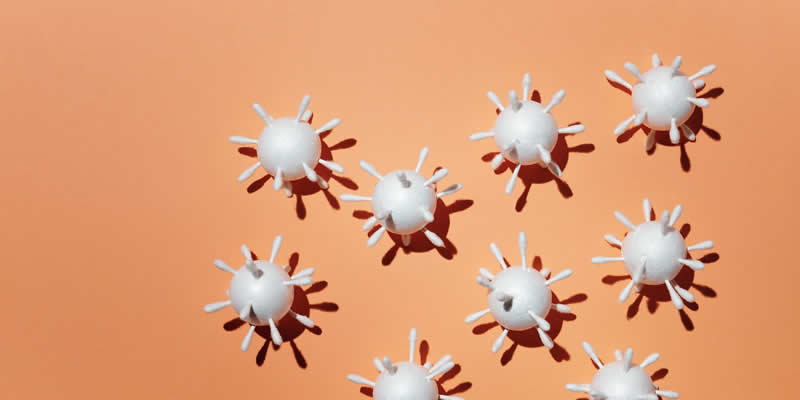Direct flights from South Africa have been banned to the UK as Health Secretary Matt Hancock admits he is “incredibly worried” about the new coronavirus mutation discovered there.
Experts say they believe the newly mutated version, known as 501.V2, appears to be even more contagious than the original coronavirus as two cases have been now been confirmed in the UK.
Speaking on the BBC’s Today programme, Mr Hancock said: “That’s why we took the action that we did to restrict all flights from South Africa, and movement from South Africa, and to insist that anybody who’s been to South Africa self isolates.”
- Body microbiota combined with obesity and diabetes increases COVID-19 severity
- Obesity found to impact brain function which hampers stroke recovery
The MP’s comments come as Sir John Bell, regius professor of Medicine at the University of Oxford, told Times Radio that he felt there was a “big question mark” over whether the variant may be resistant to the vaccine.
He added: “The mutations associated with the South African form are really pretty substantial changes in the structure of the protein.”
Meanwhile, South African researchers have said they think their strain might impact younger people more and could also be resistant to vaccines.
But Dr Susan Hopkins, chief medical adviser on COVID-19 to Public Health England, said: “We are carrying out work as a priority to understand the potential risk this variant may cause. It is important to say that there is currently no evidence that this variant causes more severe illness, or that the regulated vaccine would not protect against it.”
Speaking to the Guardian newspaper, Dr Richard Lessells, one of the specialists leading research into the new variant in South Africa, said: “Putting our data together with that in the UK, this [South African] variant is a bit more effective at spreading from person to person and that is not good. It means we have to get a bit better at stopping it.
“Ours raises a few more concerns for a vaccine [than the UK variant] … Another worry is reinfection. We are currently doing the careful, methodical work in the laboratory to answer all the questions we have and that takes time.”
So far, South Africa has recorded 940,000 cases of COVID-19, with almost 25,000 deaths, according to official figures.





